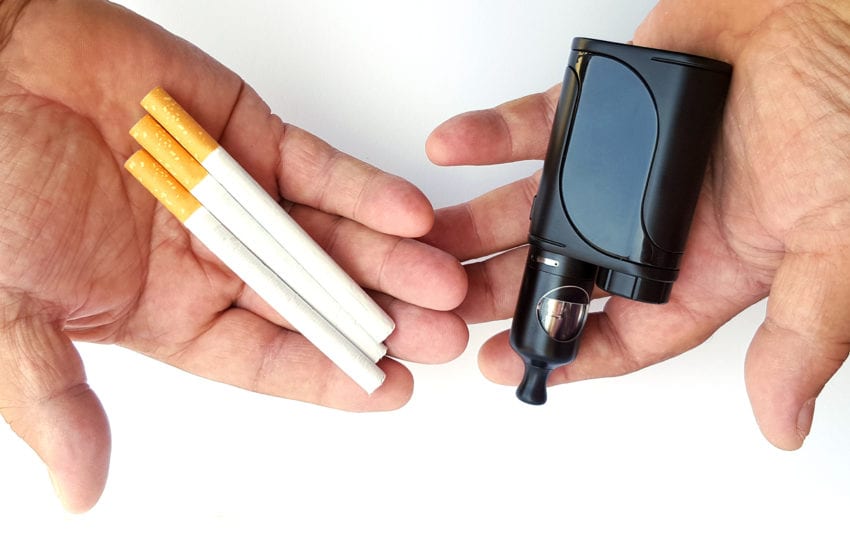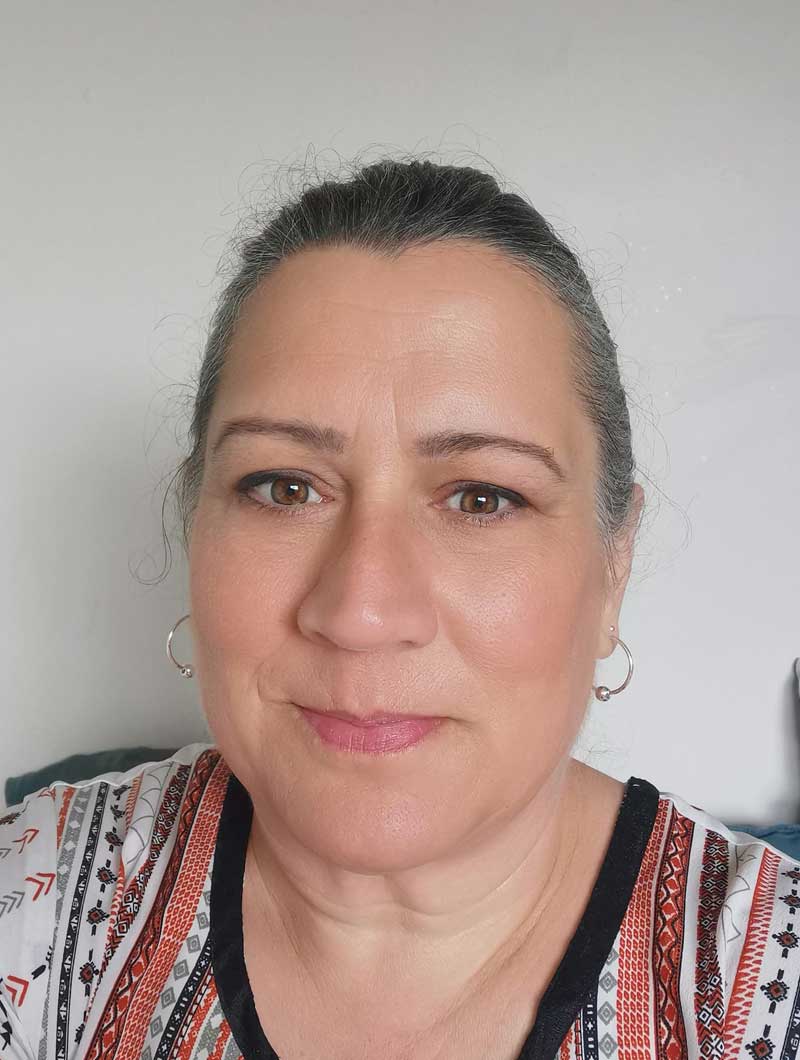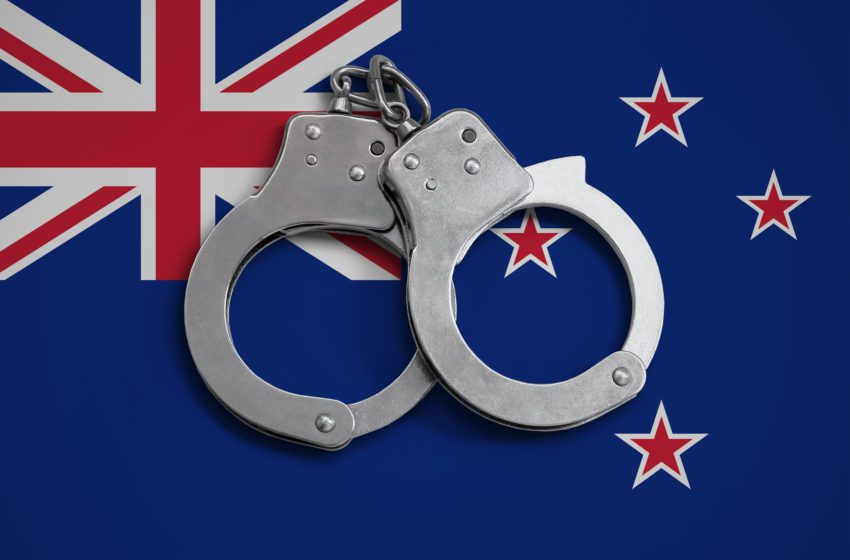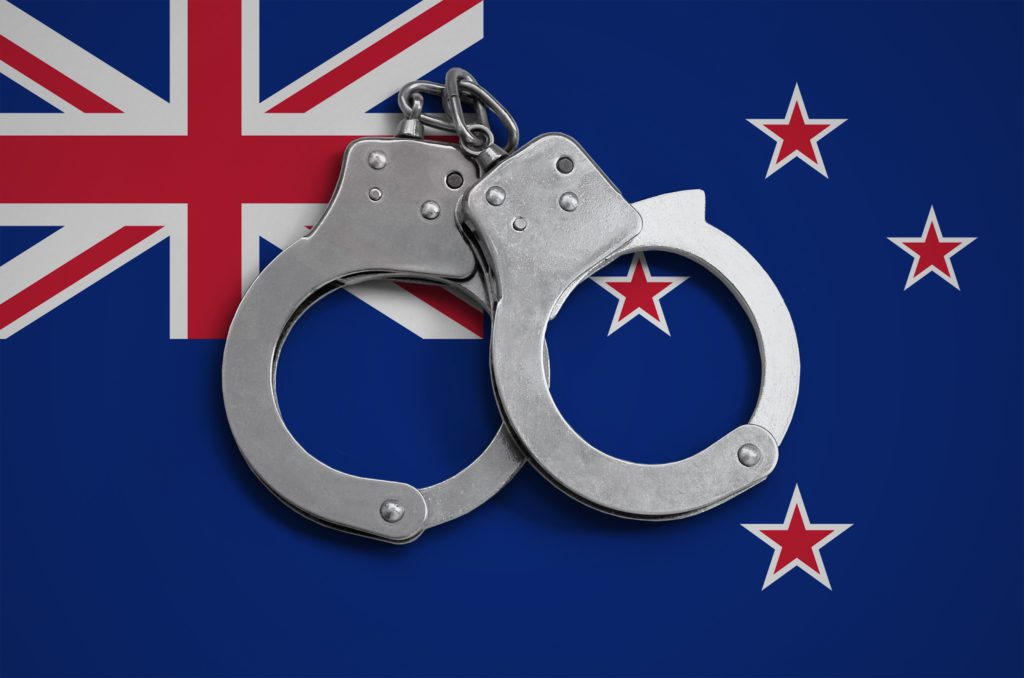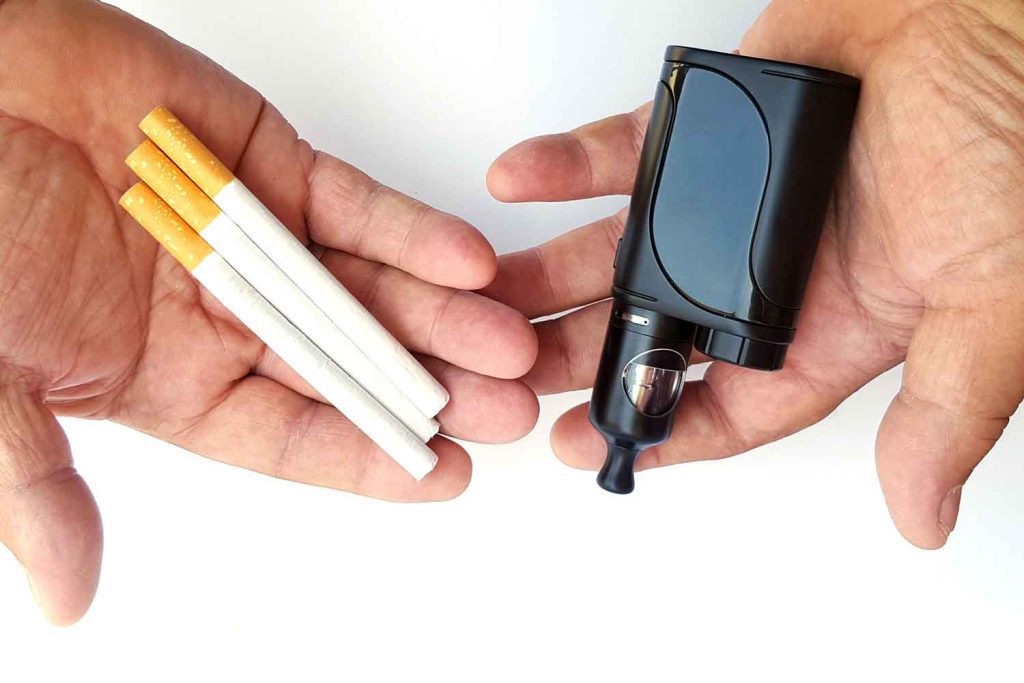
The Coalition of Asia Pacific Tobacco Harm Reduction Advocates (CAPHRA) states that as it celebrates World Vape Day on May 30, 2024, the organization is urging global leaders to recognize the life-saving potential of safer nicotine products and to expose the ongoing disinformation campaign led by the World Health Organization (WHO).
“Despite overwhelming scientific evidence supporting the reduced risk of vaping compared to combustible tobacco products, the WHO continues to ignore the facts and mislead the public,” said Nancy Loucas, executive coordinator of CAPHRA. “These products, including e-cigarettes, snus, and heated tobacco products (HTPs), offer a viable alternative for millions of smokers seeking to reduce their health risks.
“The GSTHR reports have shown that these alternatives are not only effective in reducing harm but also play a significant role in public health by providing accessible and acceptable options for smokers worldwide.”
CAPHRA has criticized the WHO’s exclusionary tactics, particularly at the 10th Session of the Conference of the Parties (COP10). By excluding consumer groups and harm reduction advocates, the WHO has demonstrated a blatant disregard for the voices of those directly impacted by tobacco use, according to an emailed press release.
“One of the most egregious aspects of the WHO’s stance is its use of children as pawns to propagate the false narrative that vaping is not a tobacco harm reduction product,” said Loucas. “This disinformation campaign not only undermines the credibility of harm reduction efforts but also jeopardizes the health of millions of adult smokers who could benefit from switching to safer alternatives.”
CAPHRA is calling on all vaping industry stakeholders, including policymakers, public health officials, and the media, to recognize the truth about tobacco harm reduction. The release states that it is time to challenge the disinformation spread by the WHO and advocate for evidence-based policies that prioritize the health and well-being of smokers worldwide.
“It’s time for the WHO and FCTC to listen to consumers and integrate harm reduction into their policies. Only then can we tackle both the public health crisis of smoking and the escalating illicit tobacco trade,” said Loucas. “The WHO’s stance not only ignores the evidence supporting these strategies but also undermines the global fight against the tobacco epidemic.”

